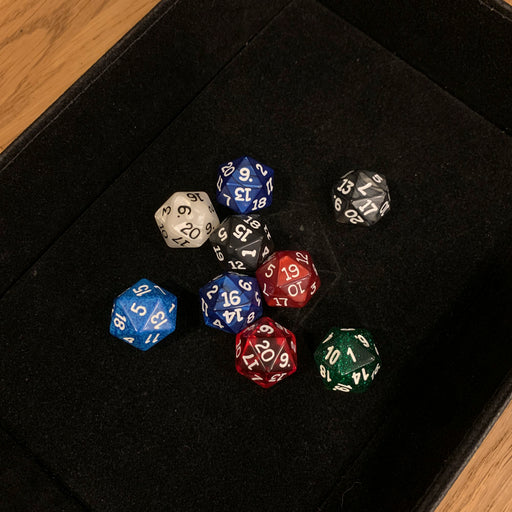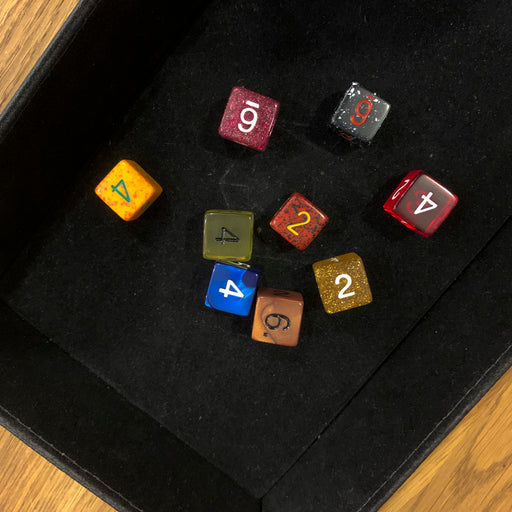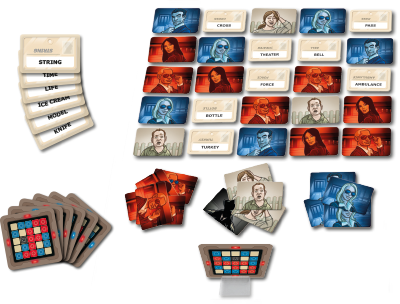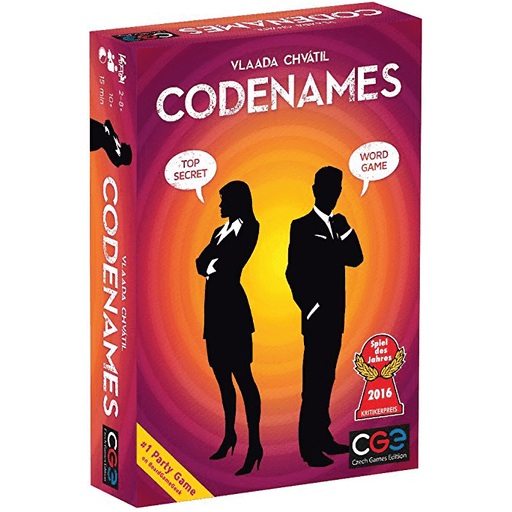Shakespeare’s tragedies are part of the Western cultural experience. Even if you haven’t seen one staged under its own name, their plots and characters have permeated theater and literature to the point where they’re practically inescapable. It may wear different costumes, names, and settings, but its features are familiar once they’re pointed out. His works are masterful individually, but it’s their underlying structure and workings that keep them alive and strong, even in our time.
Tragedy was not new to theater even in old Will’s time; there have been tragedies performed since men and women first began to pantomime by firelight. Shakespearean tragedy in particular, however, is unique if only in its building blocks—the underlying structures that allow it to survive relatively unscathed through editing, revision, reimagining, adaptation, exploitation, and even outright theft at the hands of greater and lesser artists alike as Shakespearean tragedy rises and falls in contemporary cultural admiration.
In A Tragedy in Five Acts, this fine tradition continues. Use and illuminate Shakespeare’s work for your own ends by using his dramatic narrative structures to create tragedic efforts for your personal amusements. Though things will undoubtedly end badly for your characters, if all goes well, your experience of the game as players should be somewhat more uplifting, and perhaps inspire your inner thespians as you compete for the starring (and ultimately ill-fated) role in your own tragic story.
Most roleplaying games are entirely cooperative. The players don’t work against each other by default, and the point of the exercise is to work together to tell a compelling story. Regardless of the particulars, one common point about roleplaying games has always been that no one wins. A Tragedy in Five Acts changes that. Tragedy doesn’t have a GM and it does have a winner. The winner is the player who accrues the most Tragedy Points and therefore gets to write the ending of the story.
In practice, that means that the winner gets to decide on one of three fates for each of the players.
Those fates are:
- Dead (self-explanatory)
- Forsworn (the character is revealed to be a traitor or the villain of the piece, or is otherwise disgraced)
- Exile (the character is banished from the setting of the player never to be seen again)
Despite the competitive nature of Tragedy, though, everyone needs to work together. Characters can work against each other (and should) — but everyone needs to keep the structure of tragedies in mind. No story means that no one wins, after all.










